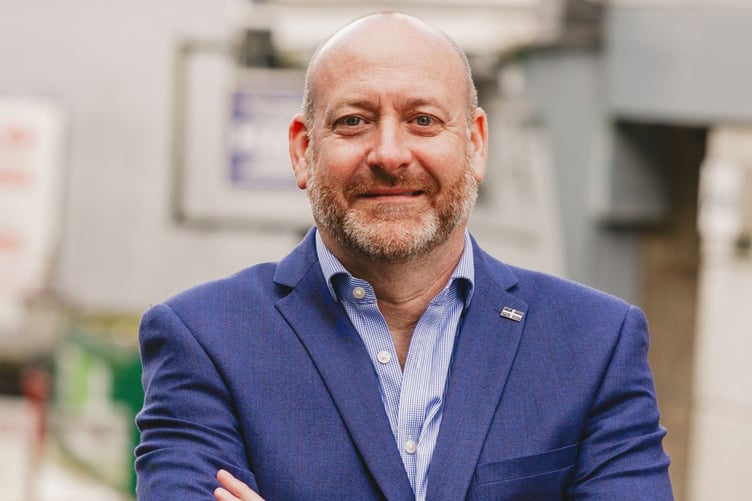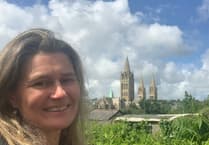Having grown up in Redruth and Penzance, I am keenly aware of what it means to be Cornish. My grandfather came from Long Rock and instilled in all of his grandchildren a sense of pride of place.
As many of you know, regardless of background or education, this very special corner of this island has a particular place in our hearts. After all six new Cornish MPs took our parliamentary affirmations in the Cornish language, I was surprised that some fairly senior MPs from all parties came up to me and admitted that they didn’t even know that there was a Cornish language!
The Cornish language and identity is something which I think is deserving of greater recognition than it gets. But I think it’s important to be clear that it is possible to be proud to be Cornish, without the nationalistic, isolationist tendencies that sometimes follow such views.
Today, my pride in Cornwall is augmented by the fact that I am honoured to represent the communities of Camborne, Redruth and Hayle in Westminster. It is a pleasurably duty to champion Cornish businesses, charities, schools and colleges in Parliament. As interest in the Cornish Language grows, I am keen to raise awareness of it and, although I can only mutter the odd word and phrase, I’m keen that those that want to learn Cornish should have opportunity to do so.
Last week I quizzed officials from Duolingo, the online language learning app, as to why users can learn Welsh, Irish, Gaelic Scottish and even Klingon (!) but not Cornish. I was fobbed off with an excuse about development updates needed for the languages they already offer, rather than taking on new ones. But that’s not the last they’ll hear from me. I will be back to make the case for Cornish – or Kernewek, as I ought to call it.
Kernewek was the predominant language in Cornwall for centuries, being part of the Celtic family of languages that existed in the nations of our Celtic cousins in Wales and Scotland. It was very commonly spoken until the 18th and 19th centuries, when the English language began to enter the Cornish dialect and become more and more common, until Kerwenek reached the point of extinction by the end of the 19th century. In the 20th Century, it began to slowly be revived by a small group of people who wanted to bring back this important part of our Cornish heritage.
Kernewek is still not spoken by many, with only 300 fluent speakers at the beginning of the 21st Century. However, that number is growing rapidly and the revival demonstrates the increasing sense of pride that is taken in our shared sense of Cornish identity. The revival also highlights that the people of Cornwall want to be seen as Cornish. In the 10th official year of our National Minority Status, it is so important, not only for us in Cornwall, but for more people up the line in positions of power to recognise and respect our unique corner of this United Kingdom.
Perran Moon
Labour MP for Camborne and Redruth





Comments
This article has no comments yet. Be the first to leave a comment.